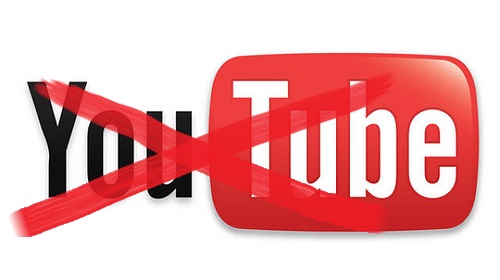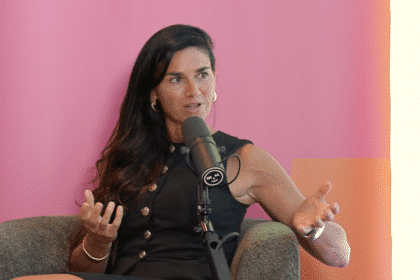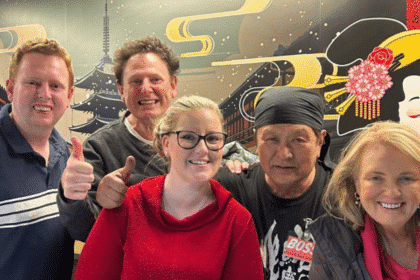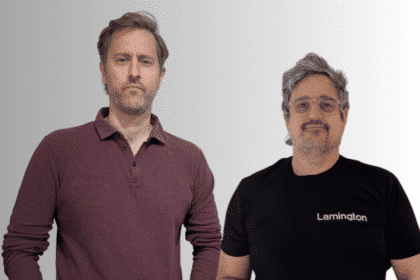Brand fears that ads are being shown against extremist or hate content on YouTube has spread to Australia with reports both Holden and Kia have pulled its advertising from the Google-owned platform.
According to an article in today’s Australian Financial Review, both car brands have confirmed that they have suspended their ads until they can be given assurances that the TVCs won’t be shown against any controversial or inflammatory material.
The ban has spread from the UK, to the US and now Australia over the last 10 days after a number of UK brands reported that their ads had been shown prior to videos promoting content that inlcuded white supremacists, homophobes, racists and Islamic extremists. The ads also fund the creators.
Following on from Johnson & Johnson in the US pulling its ads on Friday, comes news that the banking giant JPMorgan Chase and Beam Suntory has done likewise over the weekend.
According to the AFR, Aussie companies whose content had been shown in front of men’s rights site ‘Men Going Their Own Way’ and ant-feminists sites included Holden, Kia, JB Hi-Fi and Bunnings.
According to Fairfax Media, ads had been shown next to a YouTube video that hurled misogynistic insults at journalist and businesswoman Ita Buttrose. The video calls Buttrose, a former Australian of the Year, an “old hag”, an “old bag” and other explicit insults.
A spokesman for Kia told the AFR: “As of now, programmatic advertising has been suspended until such time as we can meet with Google to further clarify the application of this advertising.”
While a spokesperson for Holden added: “Holden in no way supports the content our advertising has been inadvertently associated with by Google. We’re proud of our diversity credentials.”
But Google’s loss could be traditional media’s gain! With programmatic digital advertising under the microscope and on the nose, brands could be looking for safer and more accountable medias such as television.
The Australian has reported “that many (local) clients were reallocating ad budgets to premium networks operated by traditional media companies because they can offer quality inventory in brand-safe environments.”
“Digital media does have higher risk attached to it by definition,”Omnicom’s CEO Peter Horgan told The Oz. “Any environment where a lot of user-generated content is being uploaded at scale is hard to categorise … we’re working closely with Google and YouTube on minimising risk.”
Eric Schmidt, the former Google CEO and current chairman of its parent company Alphabet, said in an interview with Fox Business late last week that the company “can’t guarantee” ads will not appear against content its advertisers might find inappropriate.
“We match ads and the content, but because we source the ads from everywhere, every once in a while somebody gets underneath the algorithm and they put in something that doesn’t match,” Schmidt said. “We’ve had to tighten our policies and actually increase our manual review time, so I think we’re going to be OK.”
Meanwhile, the UK home secretary, Amber Rudd, has told tech companies that its their duty to crack down on extremist content on their platforms. Her comments follow on from Germany’s lead in fining tech companies that fail to remove hate speech.
Rudd said it was unacceptable that terrorist groups were using messaging apps to avoid surveillance. “We need to make sure organisations like WhatsApp, and there are plenty of others like that, don’t provide a secret place for terrorists to communicate with each other,” Rudd told the BBC’s The Andrew Marr Show.
It has been alleged that the perpetrator of last week’s attacks in London that killed four people, Khalid Masood, had sent messages via WhatsApp just prior to the attack. Rudd added that the UK government had taken down 250,000 extremist items from the internet since 2010.








